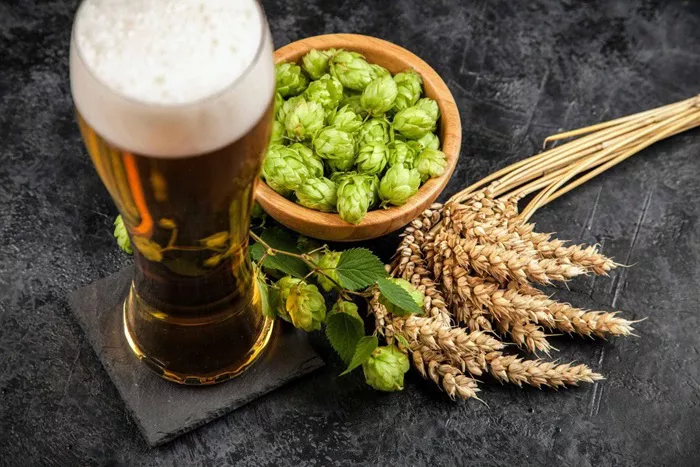On June 14, Vietnam’s National Assembly approved a major revision to the country’s alcohol taxation policy, raising excise taxes on many alcoholic beverages from the current 65% to 90%. The increase will be implemented gradually, with the tax rate rising to 70% by 2027 and reaching 90% in 2031, according to the Ministry of Finance.
The government justifies the steep tax hike as a necessary measure to reduce alcohol consumption and improve public health. “The gradual annual tax increase is not intended to change behaviour abruptly but to help consumers adapt more easily,” stated Member of Parliament Hoang Van Cuong.
While the final tax increase is slightly lower than the initially proposed 100% and delayed by a year from the original 2030 target, it still represents one of the sharpest rises in recent years.
Contentious Impact on Beer Sector
Under the new legislation, beverages with alcohol content above 20% will face the highest 90% tax rate, while drinks with less than 20% alcohol by volume (ABV) will see their tax rise from 35% to 60% by 2031. However, this classification has drawn criticism, particularly from brewers and consumers, who argue that beer—typically below 20% ABV—has been unfairly grouped with higher-alcohol products despite its significantly lower alcohol content.
Vietnam ranks as Southeast Asia’s second-largest beer market, but industry figures show a steep decline in sales, with the Vietnam Beer Alcohol Beverage Association reporting a 23% year-on-year drop in 2023. The downturn has had severe consequences, including Heineken’s decision to temporarily halt operations at its Quang Nam brewery, one of six facilities in Vietnam.
The proposed tax increase previously caused a market reaction, with shares of Sabeco, Vietnam’s leading beer producer commanding 34.4% market share, falling by 3.66%. Sabeco’s flagship Saigon beer brand sold approximately 320.8 million litres in 2024.
Wine Market and Trade Considerations
Vietnam’s excise tax on wine is already determined by ABV as of February 2025, with a 50% Most Favoured Nation (MFN) tariff applied for preferred trading partners. Free trade agreements have enabled gradual tariff reductions with regions such as the EU, Australia, and Chile, allowing European wines to enter Vietnam duty-free by 2027. However, the impact of the new alcohol tax regime on these trade arrangements remains uncertain.
Unlike beer, wine consumption in Vietnam is growing, with the market projected to reach US$382.2 million between 2024 and 2029, expanding at an annual rate of 11.5%, according to Strategy Helix Group.
Health-Driven Measures Extend Beyond Alcohol
The new taxation policy also targets sugary drinks, imposing an 8% excise tax starting in 2027 and increasing to 10% in 2028 on beverages containing more than 5 grams of sugar per 100ml. This move aims to tackle rising health challenges, including obesity and diabetes.
The World Health Organization (WHO) praised Vietnam’s tax reforms as a historic step toward protecting youth and public health from the harms of alcohol, tobacco, and sugary drinks. Dr. Angela Prat, WHO’s representative in Vietnam, emphasized that reducing consumption of these products will enhance population health and, consequently, improve workforce participation and productivity.
Financially, the increased alcohol taxes are expected to generate an additional VND 2.4 trillion (approximately US$94 million) in government revenue, according to Food Navigator Asia.
You Might Be Interested In:


